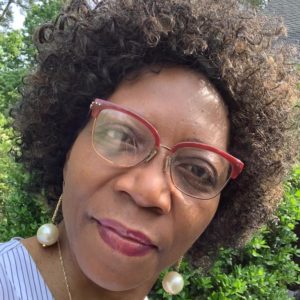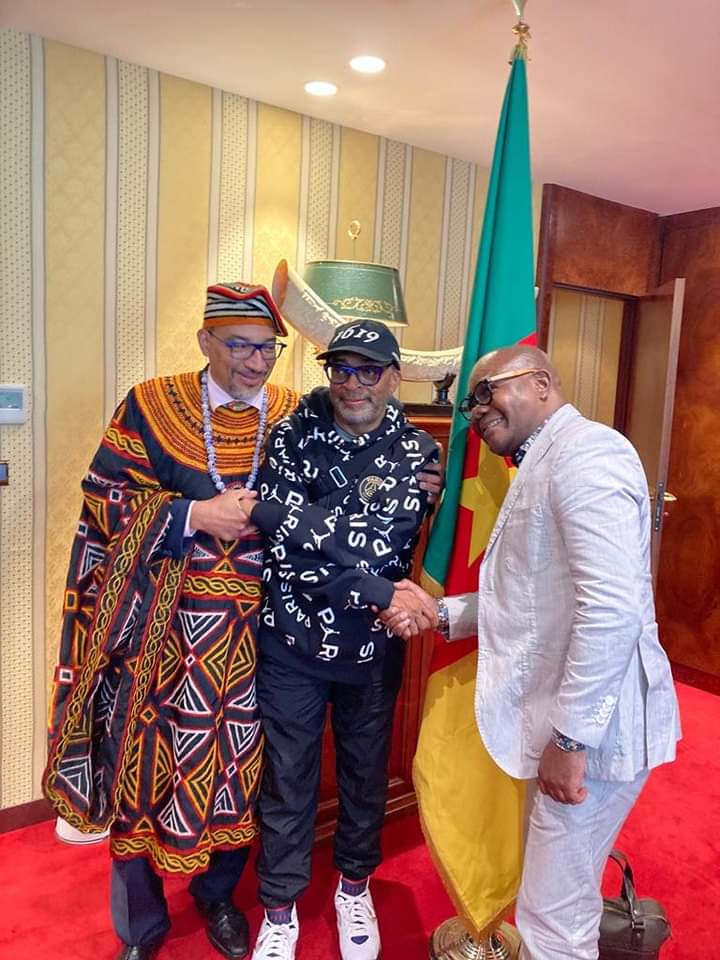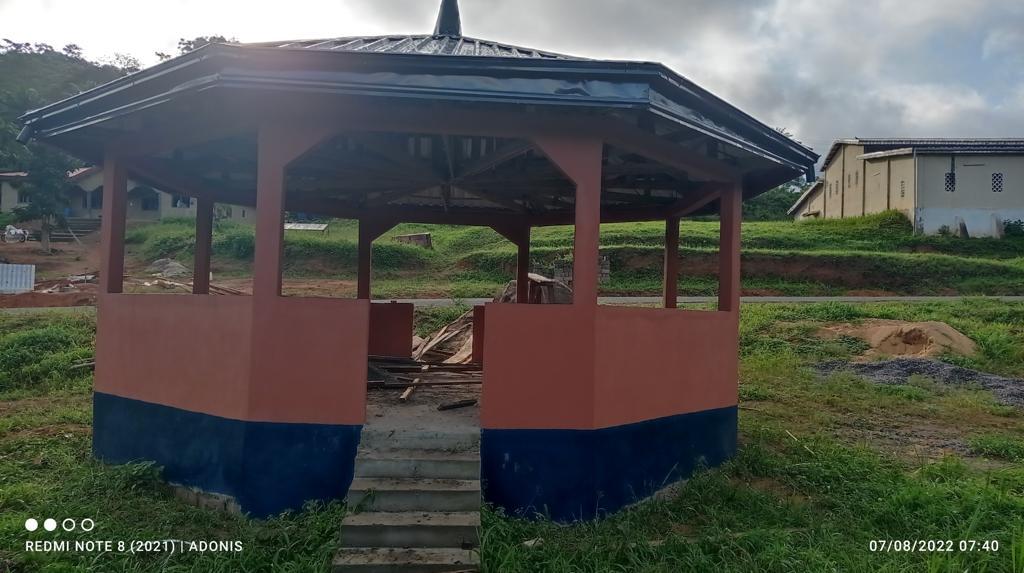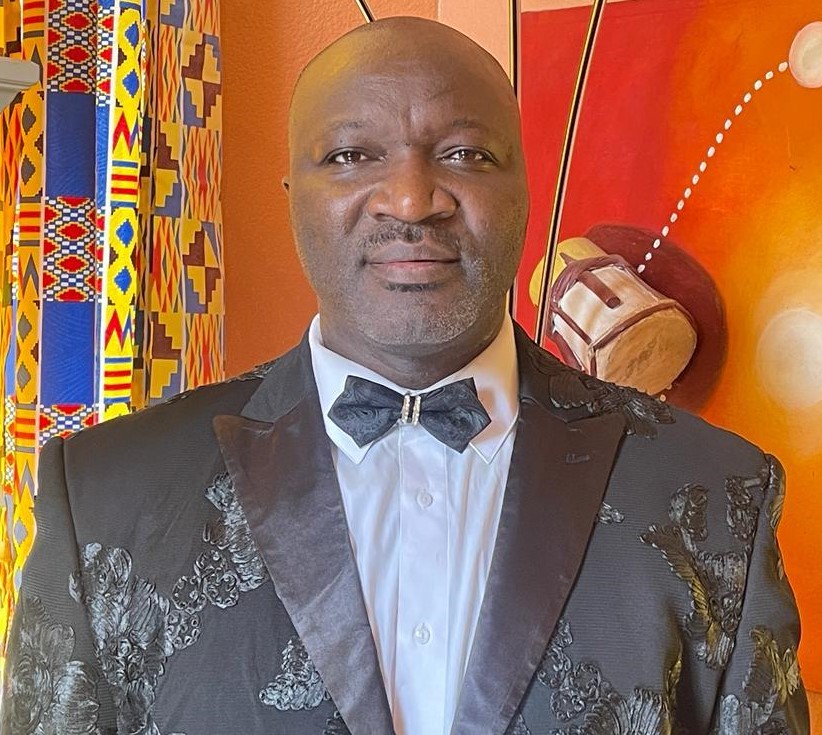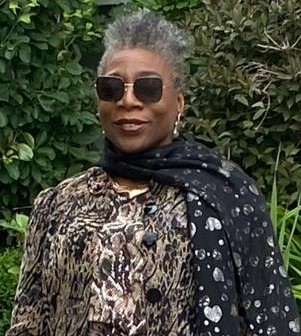Whether I say it in Basaa-Cameroon (bés bôbasona, tôñ wada) Igbo-Nigeria (anyị niile, ọnụ), in French (tous, ensemble), in Lingala-The Congos (Bísó nyónsò èlòng), in Swahili-East Africa (sisi sot, pamoja) or even in Haitian creole (nou tou, ansanm), it is about “All of Us, Together.” I found myself talking and writing about a subject that I understand very little about and one that I have not studied consistently, or not even been exposed to; but this is a theme that concerns all of us, Black people of various communities around the United States of America and beyond.
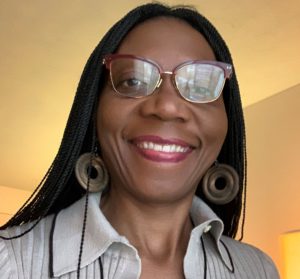
The wise President Kwame Nkrumah once said ”All People of African Descent, whether they live in North or South America, the Caribbean or any part of the world, are Africans and belong to the African Nation.”When the movie Black Panther was released in 2018, many observers within both the African and the African American communities saw it as a stepping-stone to foster a real dialogue between their respective and “estranged” groups. Yes, the excitement was palpable, blatant and bold.
Africans all of shades walk in groups, proudly assuming their identities, wearing visible elements of their various cultures to acknowledge the strength, the wisdom and the originality of different characters of that amazing and unique movie: my favorite character is Shurii, a young lady who challenged the intelligence of a white man, something that we, Africans, do not do very often, and when it does happen, it will not be a public stunt. Unfortunately, the noise produced by the movie itself did not create an environment that would have encouraged a real dialogue and that may not have been the focus of the movie anyway.
We all talked about the movie, but we, Africans and African Americans, never directly talk to one another. These two sisters’ communities who still step on each other’s toes and compete for the little riches available to them, had never used the full power of Black Panther that T’Challaii the young King released to defeat his foes, to encourage dialogue, to rally around common goals, to defeat common enemies, to build their deprived communities, to stop the exploitation of the African Continent, to build mutual prosperity, to celebrate our history and solid connections, to encourage democratic institutions in Africa, to work together: what a missed opportunity!
The imaginary Wakanda is still a simple fiction. Prior to the release of the Black Panther movie, many American celebrities, including Ms. O. Winfrey, Mr. W. Smith, Beyoncé and many other entertainers have visited Africa; This past summer, images of Spike Lee went viral when he was official welcomed at the Cameroonian Embassy in Paris: if influencers can bring a spotlight to the African continent, what is mostly impactful is regular Black African working together with regular American brothers and sisters.
Many African immigrants have always felt that the Black community of the United States had not given them the warm welcome they had dreamed of or at least expected when they first arrived in this magnificent country: “Black Americans do not always rally to our side” is a common statement within the African Communities. Similarly, some native-born blacks have sometimes perceived Black Africans as competitors for the very limited and scarce resources and privileges allotted to black people in general.
These two views and many more have further complicated a very fragile relationship between two communities tragically separated from the beginning, and deeply affected by slavery, colonialism, racism, fascism, oppression and institutional discrimination and yes, with poverty. In addition, the cultural stereotypes on both sides. One major complain from the African Americans is the “Samboiii attitude”, comparing Africans (who in reality are new immigrants) to the docile black slave,
or in other circumstances, the flamboyant Black (male and female) parading in their native colorful Boubous, stereotypes that are perpetuated and confining them in a type of caricatured subject. Africans, on the other side, see Black Americans (male) as “naturally lazy Sambo”, while American Black women are depicted as “Akata” or aggressive, loud, and angry. Unfortunately, “these stereotypes were created during the height of the trans-Atlantic Slave Trade, the fight for Civils Rights, and were mostly used to help commodify black bodies and justify the business of slavery.” (Smithsonian: Popular and Pervasive Stereotypes of African Americans).
While it is important to understand the complexity and tortures that had complicated this relationship, it is just as important to think of what we could be and could become, if we are open to intentionally learning about and from each other. We have more in common than we want to see and admit, and we have a history of collaboration that we should build upon. We cannot constantly blame the past and accuse others when we will not even try to build on our mutual strengths. There is neither a wrong nor a right way to start, but we need to be intentional in creating a new bond, a bond based on mutual love, understanding, compassion and respect. We cannot remake history; however, we can make a better story for our children and ourselves. By listening and speaking to one another, we will replace the constant scolding with an attitude of understanding and service.
One of the things that sets Black People apart from other ethnic groups is that the Black suffering is universal, it is institutional, it is under-looked, under reported and most of the time silenced. In summer of 2020, as Black Lives Matter was in
the High of its worldwide demonstration in the wake of George Flyod’s trial, Alex Johnsoniv wrote: “To be Black is to suffer perpetual wounds” and he reiterated to Black People that “we are out brother’s and sister’s keeper and each of us has a role in this fight for Black lives.” In that fight for ALL BLACK LIVES, we ought to step up and serves each other in small and big ways; we have been leaders long before slavery, colonialism, the Jim Crow, etc. However, to effectively lead people, especially your own, one needs to love them first, not from a distance, but from an intimate and compassionate porch. We must build bridges daily within our Black communities, with other communities and constituencies as well, because this is the best way and maybe the only way to move from Healing to Action. While it is understandable to give respect to the hurts that all of us have experienced and still carefully managing, coming together is demonstrating our capacity for courage and our willingness to changing our “backyards’, our communities and the world, one heart at a time. According to a recent study published by the Brookings Institute study, Africa has the 10 fastest growing markets, the fastest growing population in the world, with an estimated population of 1.7 billion people by 2030, $6.7 trillion of combined consumer and business spending, this alone should trigger a more intentional collaboration, it is still time, but others are already getting the lion share.
Whenever we allow something to come between us, even our own ego, we all lose big, and we have been in the losing end for too long now. We should stand alongside each other, rebuke, and fight all sorts of discrimination and exclusion, celebrating the reunion: “All of Us, Together”
i Letitia Michelle Wright is a Guyana-born British
ii T’Challa is portrayed by the talented and acclaimed actor Chadwick Aaron Boseman, who passed away in August 2020.
iii Sambo was a demeaning and insulting name given to Black Male, the Sambo stereotype flourished during the reign of slavery in the United States. In fact, the notion of the “happy slave” is the core of the Sambo caricature (from Ferris State University).
iv To be Black is to suffer perpetual wounds. Here is how you can make a difference, June 2020. The Guardian.
v Landry Signe and Embassador Thomas Thomas-Greenfield, 2019. Focus in Africa.
